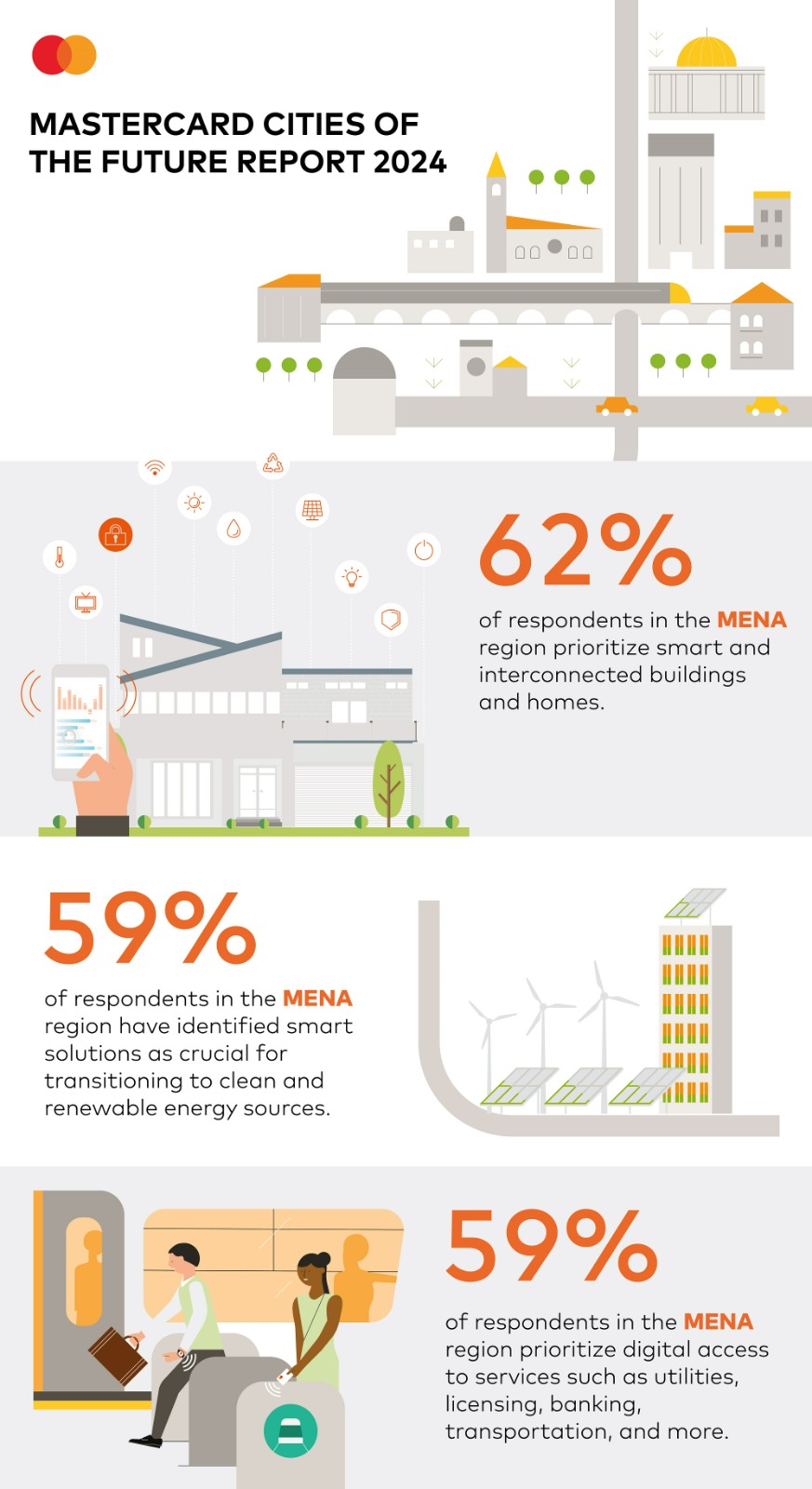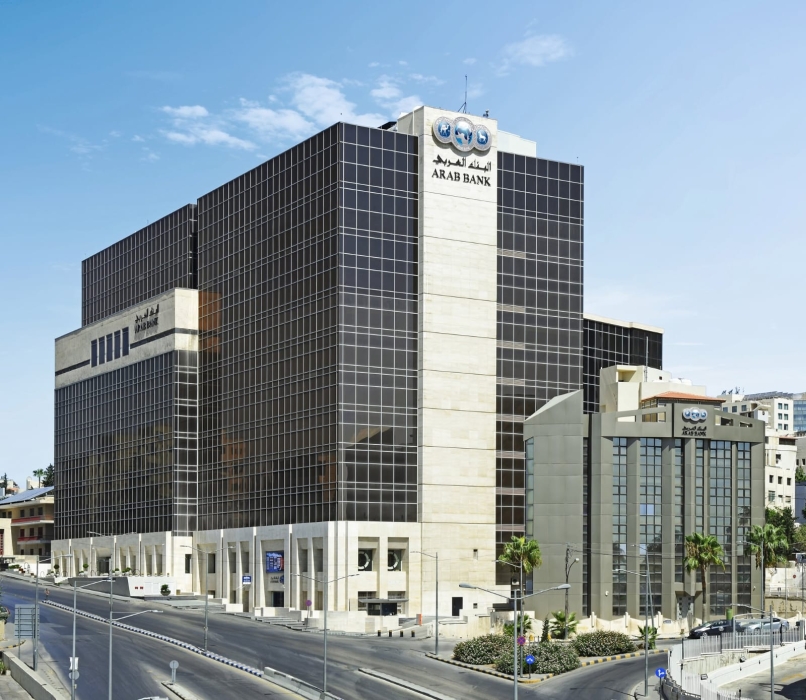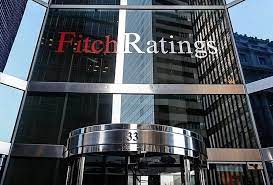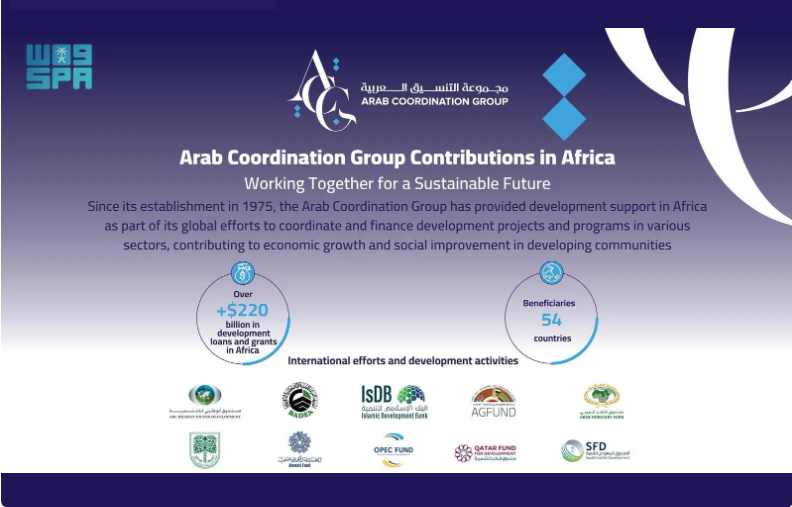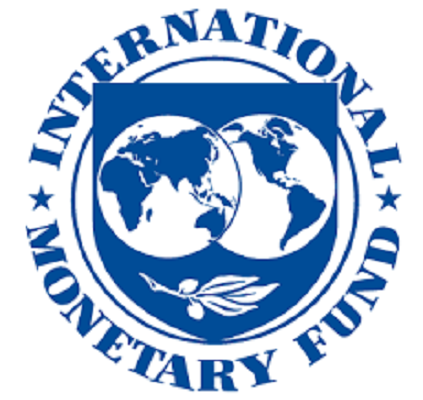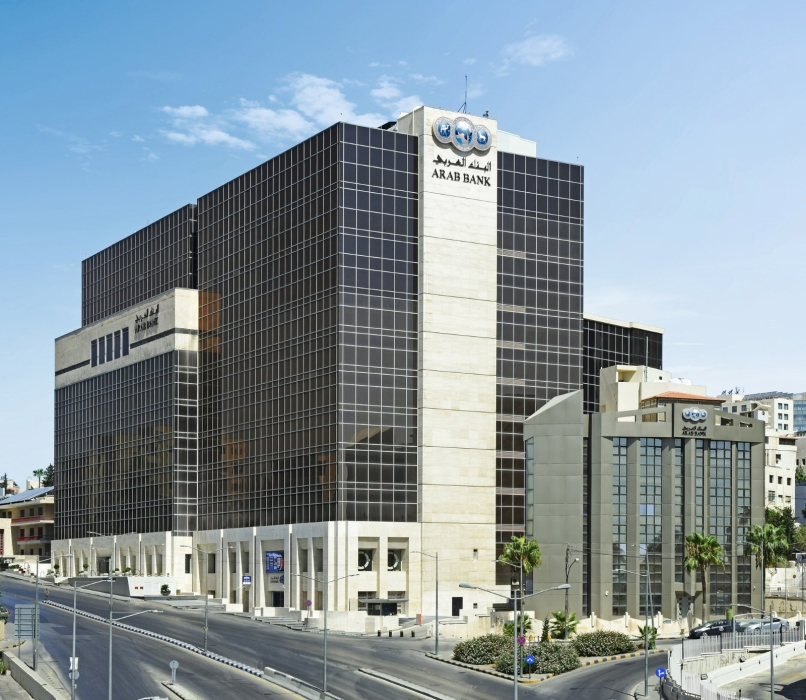World Bank: Food prices in Jordan increased between 2.4 - 5.8%
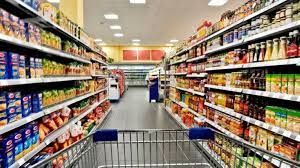
Al-Anbat -
Al_Anbat _Anwaar Berro
Data from the World Bank showed that food prices in Jordan rose on a monthly basis during the first half of this year by rates ranging from 2.4% to 5.8%, coinciding with their rise in all low- and middle-income countries.
The data indicated that food prices in Jordan continued to rise this year, as the rate of increase in the month of January was 2.7%, then it rose in February by 3.4%, followed by a rise of 2.4% last March.
In April, the rate of increase in food prices was 4.3%, while the rate of increase was the most in May, which reached 5.8%, followed by an increase in June by 4.1%.
The annual inflation rate in Jordan rose to 5.2% during the month of June, to reach its "highest level" since 2018, according to monthly data of the Central Bank.
Inflation continued to rise from 4.4% last May, and the largest increase in prices came from the entertainment and culture sector by 9.8%, the restaurants and hotels sector by 9.4%, housing 8.9%, specifically fuel and lighting 29.9% and food 4.1%.
According to data from the Ministry of Industry and Trade, wheat selling prices decreased by about 4 dinars per ton for the month of August, compared to July.
According to the data, the selling price of wheat was set at 131,806 dinars / ton for the current month, delivering the back of the car door to the mill for all mills of the Kingdom, while it was set in July at 135.121 dinars / ton.
The vision of economic modernization suggested establishing a body specialized in food security, along with a national center for food security research, as part of initiatives related to agriculture and food security.
Food security in Jordan is receiving attention, as last year witnessed the launch of the National Food Security Strategy (2021-2030), in addition to the National Sustainable Agriculture Plan (2022-2025).
The vision presented the strategic capabilities and priorities of the agricultural sector, including: transforming Jordan into a regional center for agricultural production while ensuring the sustainability of food security to meet current and future needs at the local level, and using the latest agricultural technologies and smart solutions to renew agricultural production methods, and to make the Kingdom a regional center for the export of agricultural production
- Persistent global inflation -
Globally, World Bank data projected that 670 million people a year (8% of the world's population) will face famine in 2030, after the global food crisis was exacerbated in part by the growing number of food trade restrictions that countries have put in place to increase domestic supplies and reduce the prices.
According to the data, the price indices of agricultural products, grains and exports have stabilized during the past two weeks, while "domestic food price inflation is still high around the world."
She noted that high inflation in all low- and middle-income countries is almost constant, and the share of high-income countries with high inflation is increasing sharply.
Russia and Ukraine signed an agreement to free more than 20 million tons of grain stuck in Ukraine's ports on the Black Sea, as the war in Ukraine threatens poor countries with a food crisis and intertwined debt.
The price indices of agricultural products, cereals, and exports during the past weeks decreased by 11%, 15% and 5%, respectively, as the decline in the cereal price index is attributed to the decline in corn and wheat prices by 21% and 12%, respectively, in these weeks, according to the bank.
Wheat prices also increased by 6% from their average in January 2022 in the world, which is 24% higher than the average in January 2021.
